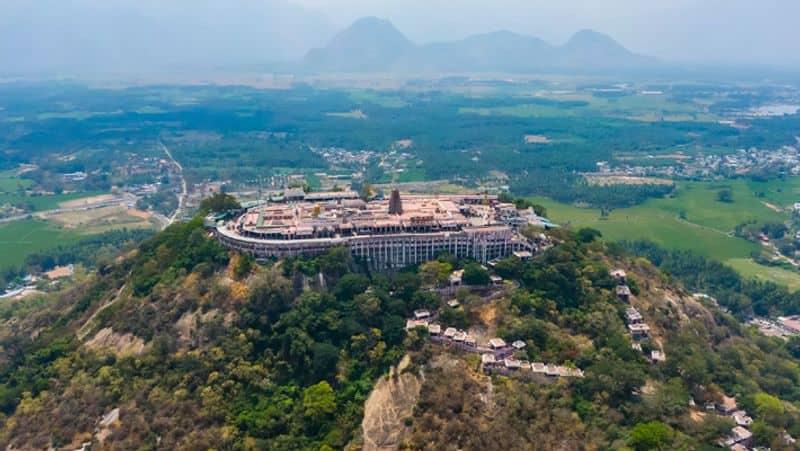
Palani Temple Not A Picnic Spot; Non-Hindus Can Enter Without Permission: Madras High Court
Justice S Srimathy of the Madurai bench emphasized that temples are places of worship, not picnic spots, and asserted that Hindus, like other communities, have the right to practice their religion without interference. The court instructed the state government to install boards indicating that non-Hindus are not allowed beyond the flagpole inside the temple premises.
To further regulate entry, the judge mandated that if any non-Hindu wishes to enter the temple, they must provide a written undertaking affirming their belief in Hindu religion, its customs, and the temple deities.
The court's decision stemmed from a petition filed by D Senthilkumar, the organizer of Palani Hill Temple Devotees Organisation, seeking directions for the installation of prohibitory boards and signages. Senthilkumar recounted an incident where a Muslim family, clad in "Burqas," attempted to visit the Palani hilltop, leading to a confrontation with authorities who argued the absence of a board prohibiting non-Hindus.
Justice Srimathy dismissed the state government's concerns about potentially hurting religious sentiments, emphasizing that not prohibiting non-Hindus could adversely affect the sentiments of Hindu believers and worshippers. The judge underscored that Hindus also have the right to freely profess and propagate their religion, as guaranteed by the Constitution of India.
The court criticized the HR&CE Department for showing "misplaced sympathy and misplaced worry" for the sentiments of non-Hindus while emphasizing its mandate to protect Hindu religion, temples, customs, and practices.
Addressing the Temple Entry Authorisation Act, 1947, the judge noted its focus on eradicating discrimination within the Hindu community but highlighted its absence regarding the entry of non-Hindus. The court cited incidents from other temples, emphasizing the need to safeguard the fundamental rights of Hindus to practice their religion without interference.
Legal Disclaimer:
MENAFN provides the
information “as is” without warranty of any kind. We do not accept
any responsibility or liability for the accuracy, content, images,
videos, licenses, completeness, legality, or reliability of the information
contained in this article. If you have any complaints or copyright
issues related to this article, kindly contact the provider above.


















Comments
No comment